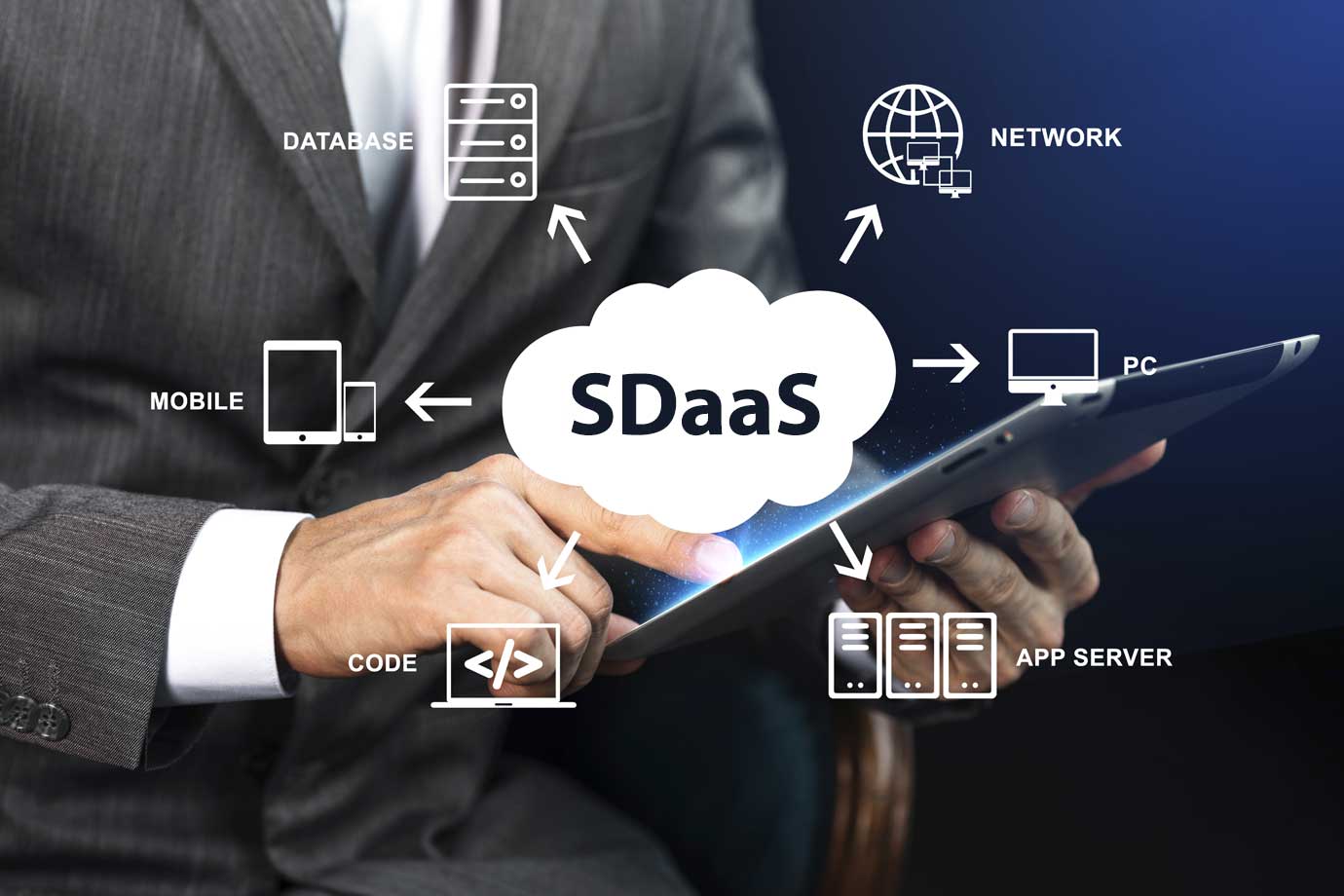Custom vs. Ready-Made CRM: Which One is Right for You?

17 Jun 2025
In today's fast-paced business landscape, customer relationship management (CRM) software plays a critical role. A CRM system enables you to efficiently manage customer support, track leads, and oversee sales pipelines with accuracy and agility. However, with numerous options available, one crucial decision can significantly impact your CRM strategy: Should you opt for a pre-built CRM or a customized solution?
This blog will explore the benefits, drawbacks, costs, and scalability of both off-the-shelf and bespoke CRM systems. By the end, you'll be equipped to determine which type of CRM aligns best with your business needs.
Know Custom and Ready-Made CRMs
What is a Custom CRM?
A custom CRM is an entirely customized system that is designed from scratch to suit your business's individual workflows, objectives, and organization. Some important features usually are:
- Custom dashboards and modules
- Integration with proprietary software
- Process-based automation of workflows
Custom CRMs are most beneficial for companies that have non-standard business operations or industry-specific compliance rules.
What is a Ready-Made CRM?
A ready-made CRM, or off-the-shelf CRM, is pre-developed software that provides plug-and-play functionality. Top brands are Salesforce, HubSpot, and Zoho CRM. Typical features include:
- Contact management
- Lead tracking
- Sales forecasting
- Customer support integration
These CRMs are ideal for businesses that need to go live fast with little customization.
Custom CRM Pros and Cons
Advantages
-
Customized to Business Needs
Custom CRMs are built to fit your precise processes. No workarounds or compromises, just effortless performance. -
More Control
You have complete control over the features, user access, data management, and interface. -
Scalable by Design
Custom CRMs expand with your company. Whenever new departments or services are created, you can modify the system accordingly.
Disadvantages
-
High Initial Cost
It can be costly to build a CRM from scratch, particularly for small businesses or new startups. -
Longer Time to Deploy
Ready-made products have a shorter time to deploy, whereas custom CRMs take time, sometimes several months, to plan, develop, test, and deploy. -
Requires Ongoing Technical Support
Maintenance, upgradation, and fixing bugs typically require a constant in-house or outsourced IT team.
Ready-Made CRM Pros and Cons
Advantages
-
Rapid Setup
Most of the pre-built CRMs are cloud-based and can be set up within a few hours or days. -
Cost-Effective
With low-cost monthly or yearly subscriptions, such CRMs are an ideal option for businesses with typical requirements. -
Vendor Support
Most of them include user support, routine updates, and documentation, so it is easy for teams to remain productive.
Disadvantages
-
Limited Customization
You might not be able to customize the CRM up to a point, and that may jeopardize operational efficiency. -
Feature Overload or Gaps
Certain features would be useless, and others that you require may be absent or need to be paid for. -
Integration Issues
Off-the-shelf CRMs might not integrate well with your current tech stack or need third-party plugins, which incur extra costs.
Cost Implications of Custom vs. Ready-Made CRM
Custom CRM Costs
-
Development:
High upfront expense, usually between $10,000 to $100,000+, depending on complexity. -
Integration & Maintenance:
Extra fees for integration with current tools and performance upkeep.
Ready-Made CRM Costs
-
Subscription Fees:
May begin as low as $10/user/month and grow based on functionality. -
Hidden Costs:
Extra fees for premium features, integrations, onboarding, or usage-based pricing.
Scalability and Long-Term Viability
Custom CRM
-
Adaptability:
Custom CRMs are best suited for companies with changing or complex processes. -
Return on Investment (ROI):
Over time, the high upfront cost often pays off as it eliminates monthly fees and boosts operational efficiency.
Ready-Made CRM
-
Best for SMEs:
Excellent for startups and growing businesses with relatively predictable needs. -
Outgrowing the System:
As your business becomes more complex, an off-the-shelf CRM might fall short, requiring migration or major add-ons.
How to Choose the Right CRM for Your Business
Evaluate Your Needs
-
Evaluate Your Existing Workflow:
What is working and what is not? What are the pain points? -
Compile Must-Have Features:
Prioritize in terms of needs versus nice-to-haves.
Most Important Points to Consider
-
Budget Considerations:
Do you have a budget for a single payment or like to pay less frequently per month? -
Growing Plans:
Will your CRM ever need to change over time? -
Industry Needs:
Are there regulatory or functional demands unique to your market? -
Team's Technical Skills:
Does your team require constant support, or are they able to handle configurations on their own?
Get Expert Advice
If unsure, talk to a CRM consultant or a reliable software development partner. They are able to assist you in assessing technical feasibility, unseen expenses, and scalability in the future.
Conclusion
The decision between a custom CRM and an off-the-shelf CRM is not only a technical one, but also a strategic one.
Custom CRMs provide unparalleled flexibility, but at a greater investment.
Ready-made CRMs are cheap and fast, but won't always grow with you.
Your ultimate decision depends on business size, budget, complexity, and long-term strategy. Take the time to assess your current systems, engage your team, and consult with experts when necessary.
Tip: If your company competes in a niche or has extremely specialized procedures, a tailored CRM could be money well spent in the long term.
Stuck on deciding or creating your dream CRM solution?
Contact our team at NanoByte Technologies, and we will create custom solutions as well as configure the best off-the-shelf possibilities for your requirements.





